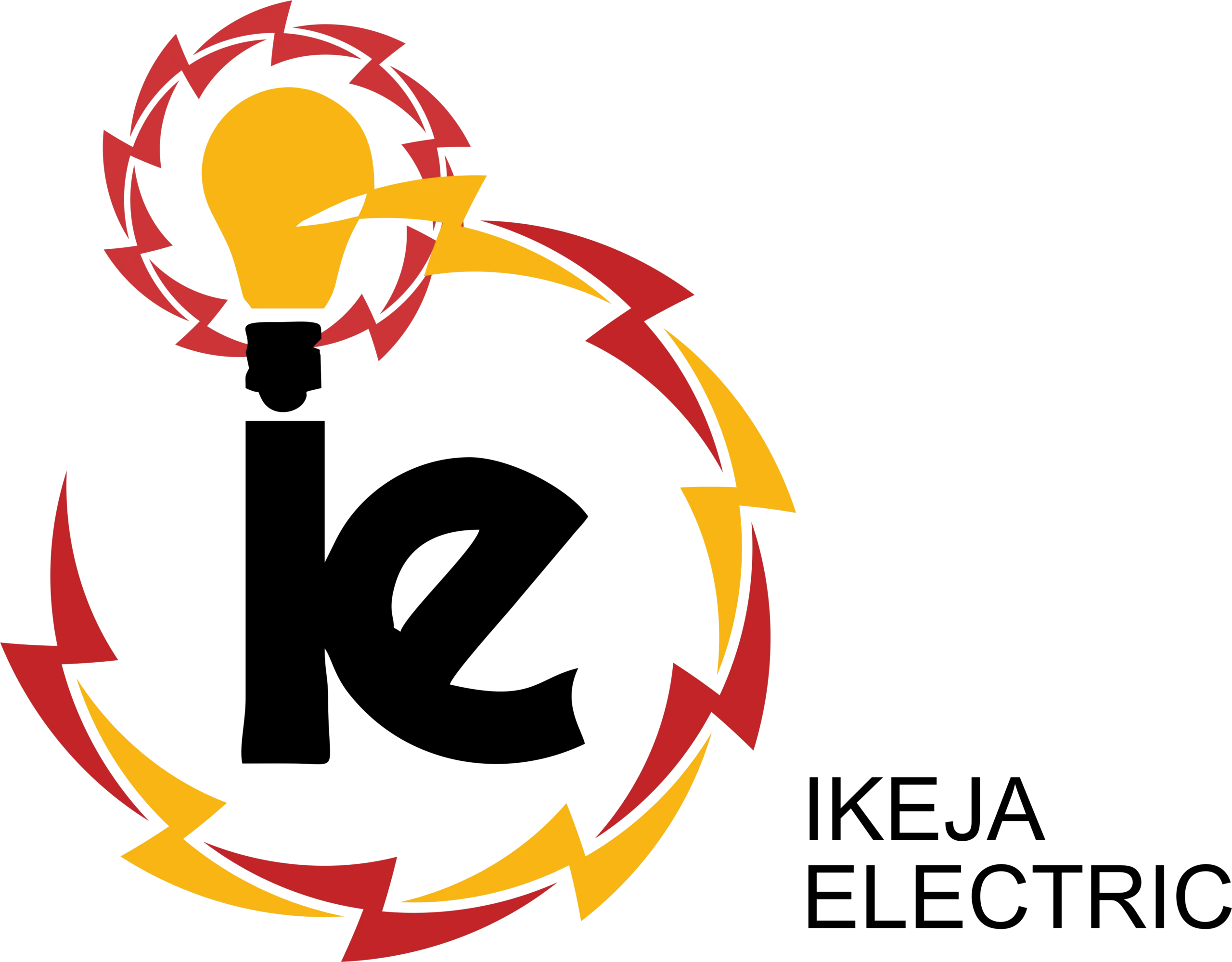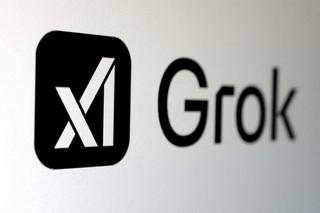Namibia has instructed Starlink Inc. to cease operations immediately, citing the absence of a required telecommunications license, according to Bloomberg.
The Communications Regulatory Authority of Namibia also warned the public against purchasing Starlink equipment or subscribing to its services, labeling such actions as illegal.
“Investigators have already confiscated illegal terminals from consumers and have opened criminal cases with the Namibian police in this regard,” the agency said.
Elon Musk’s Starlink made its African debut in January 2023, launching in Nigeria, the continent’s most4 populous country. The satellite internet service aimed to transform high-speed internet access in Nigeria, with plans to expand its reach across Africa.
By October 2023, Starlink was available in seven African countries: Nigeria, Kenya, Mozambique, Rwanda, Malawi, and Zambia.
Since then, it has expanded to over a dozen countries, including Mauritius and Sierra Leone.
The service has seen rising demand across sub-Saharan Africa, driven by local challenges in providing reliable, high-speed broadband, particularly in remote regions. In some areas, people have resorted to trading and activating Starlink terminals illegally due to the demand for better connectivity.
Demand for Starlink services has rapidly increased across sub-Saharan Africa, driven by challenges local providers face in offering reliable, high-speed internet, particularly in remote areas. This has led some individuals to illegally trade and activate Starlink terminals.
In October, just two months after receiving regulatory approval, Starlink’s terminals sold out in Zimbabwe’s capital. Authorities in Angola and South Africa have engaged in talks with the company, and Kenya’s leading telecom operator, Safaricom Plc, has also shown interest in its services.
Namibia, a vast country larger than Texas with a population of only 2.6 million, faces significant connectivity challenges, particularly in communities that are distant from major hubs.
Starlink has applied for a telecommunications service license in Namibia, but the Communications Regulatory Authority of Namibia has confirmed that the application is still under review. Until the license is approved, CRAN has declared the importation and use of Starlink terminal equipment to be illegal.










